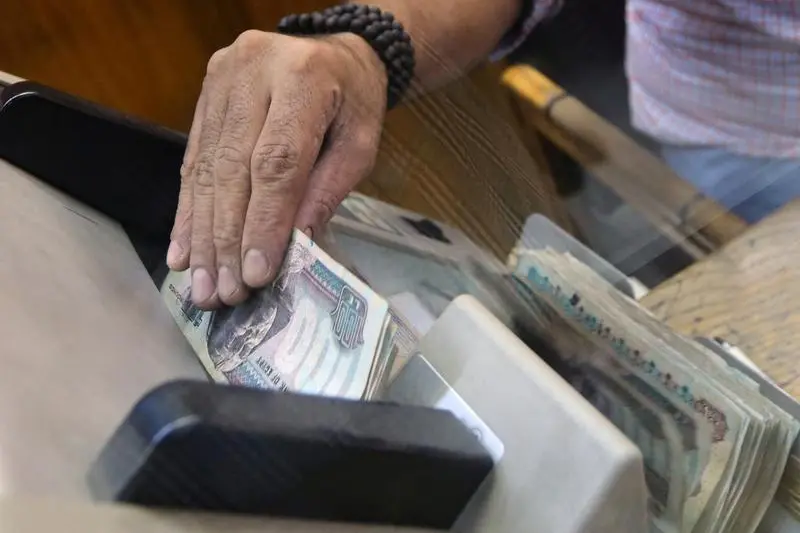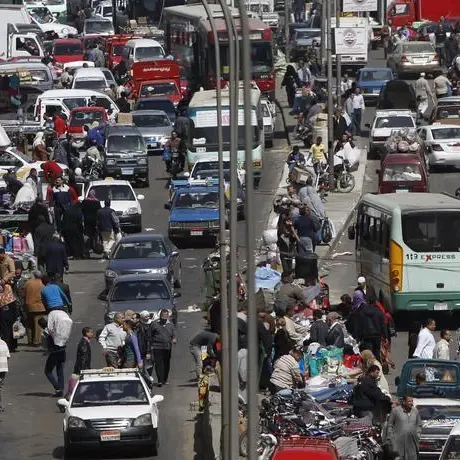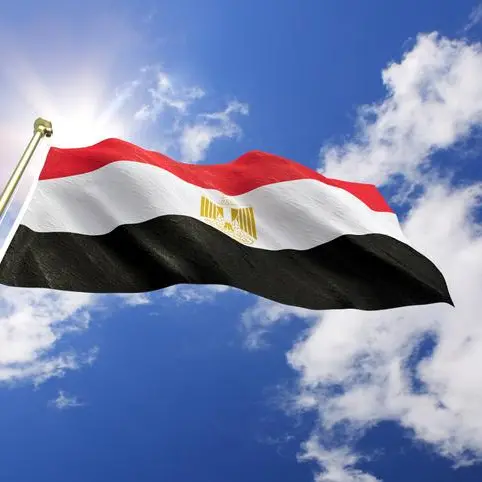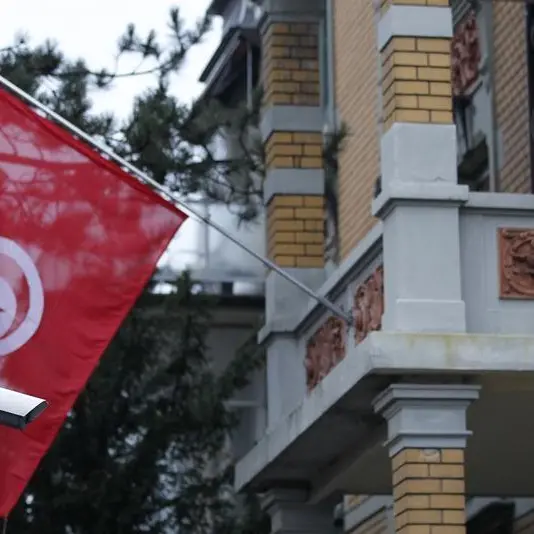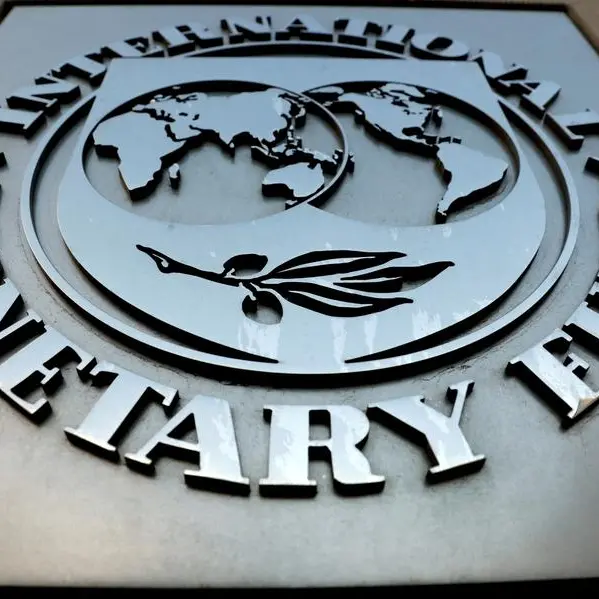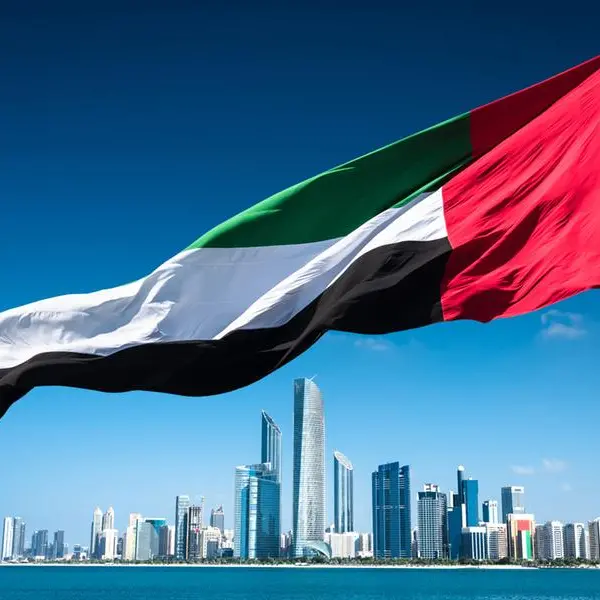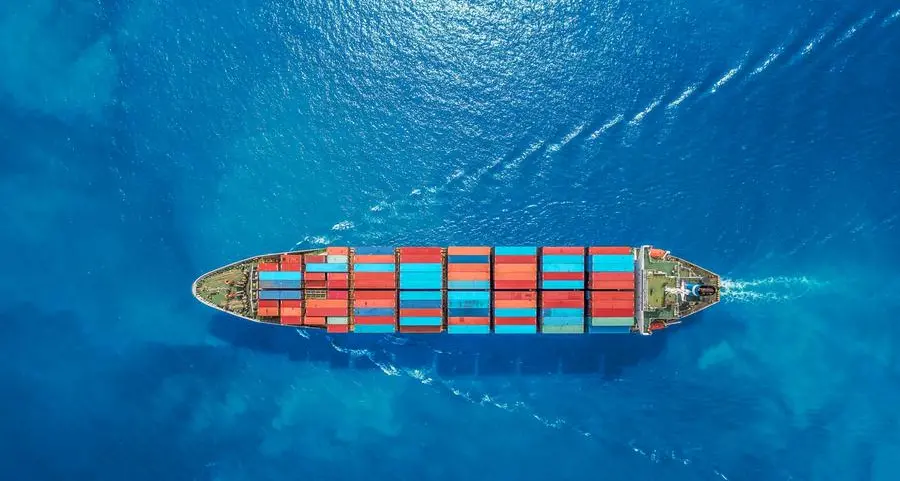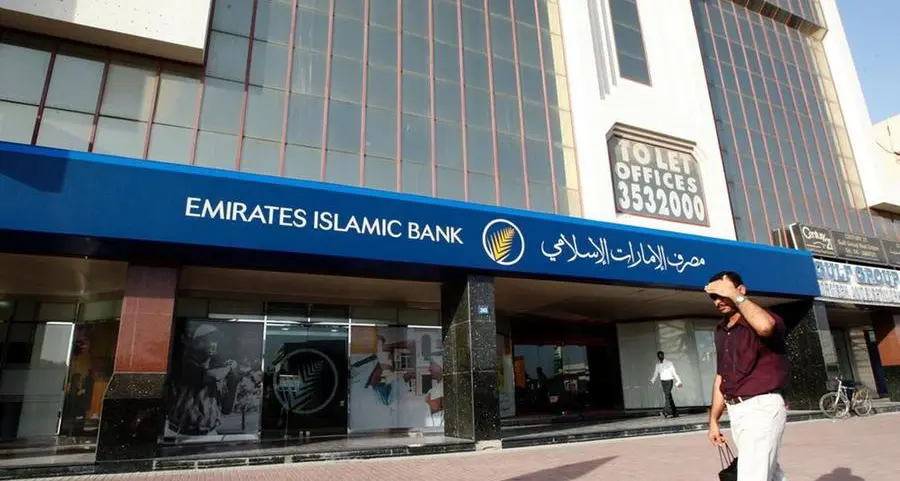PHOTO
CAIRO - Saudi Arabia and the United Arab Emirates have agreed to extend the maturity of $4 billion worth of deposits they made with Egypt's central bank and which were due to mature in 2018, the bank's governor told an Egyptian newspaper on Monday.
Since 2013, Saudi Arabia and the UAE have given Egypt some $8 billion in aid, including deposits by both with the Central Bank of Egypt (CBE) worth $2 billion each.
Tarek Amer told Al-Shorouk newspaper the two countries had agreed to delay the maturity of the deposits but did not say until when.
A Saudi central bank spokesman could not be reached for comment and there was no immediate comment by a spokesman for the UAE central bank.
The delays would reduce pressure on Egypt, which has to repay some $12.9 billion in debt and interest in 2018 resulting from a surge in appetite for Egypt's debt instruments since the central bank floated the currency in November and subsequent interest rate hikes.
Amer defended the surge in domestic debt buying in the 2016/17 fiscal year, saying it was a crucial part of "resolving the piled-up problems."
"We had to rely on international markets ... and without foreign investment in
Egypt's
debts, the world would have fallen apart," he added.
Reuters could not reach anyone at the CBE for comment.
Economists had voiced concerns over Egypt relying in selling its domestic debt, questioning the sustainability of such an approach.
China has also approved the renewing of a $2.7 billion currency swap agreement, the central bank governor said.
The three-year bilateral currency swap, signed with the People's Bank of China last year, was aimed to facilitate trade and improve foreign currency liquidity run dry after a 2011 uprising scared tourists and foreign investors off.
Egypt's economy has been struggling since the 2011 uprising that toppled long-time autocrat Hosni Mubarak, but economic reforms tied to a $12 billion International Monetary Fund loan signed last year are hoped to revive it.
Egypt is ready to repay a $3.7 billion loan to the African Export-Import Bank this December, Amer told the newspaper.
(Reporting by Ehab Farouk; Additional reporting by Stephen Kalin in Riyadh; Writing by Arwa Gaballa; Editing by Raissa Kasolowsky) ((arwa.gaballa@thomsonreuters.com; +20 2 2578 3290;))
Since 2013, Saudi Arabia and the UAE have given Egypt some $8 billion in aid, including deposits by both with the Central Bank of Egypt (CBE) worth $2 billion each.
Tarek Amer told Al-Shorouk newspaper the two countries had agreed to delay the maturity of the deposits but did not say until when.
A Saudi central bank spokesman could not be reached for comment and there was no immediate comment by a spokesman for the UAE central bank.
The delays would reduce pressure on Egypt, which has to repay some $12.9 billion in debt and interest in 2018 resulting from a surge in appetite for Egypt's debt instruments since the central bank floated the currency in November and subsequent interest rate hikes.
Amer defended the surge in domestic debt buying in the 2016/17 fiscal year, saying it was a crucial part of "resolving the piled-up problems."
"We had to rely on international markets ... and without foreign investment in
Reuters could not reach anyone at the CBE for comment.
Economists had voiced concerns over Egypt relying in selling its domestic debt, questioning the sustainability of such an approach.
China has also approved the renewing of a $2.7 billion currency swap agreement, the central bank governor said.
The three-year bilateral currency swap, signed with the People's Bank of China last year, was aimed to facilitate trade and improve foreign currency liquidity run dry after a 2011 uprising scared tourists and foreign investors off.
Egypt's economy has been struggling since the 2011 uprising that toppled long-time autocrat Hosni Mubarak, but economic reforms tied to a $12 billion International Monetary Fund loan signed last year are hoped to revive it.
Egypt is ready to repay a $3.7 billion loan to the African Export-Import Bank this December, Amer told the newspaper.
(Reporting by Ehab Farouk; Additional reporting by Stephen Kalin in Riyadh; Writing by Arwa Gaballa; Editing by Raissa Kasolowsky) ((arwa.gaballa@thomsonreuters.com; +20 2 2578 3290;))
